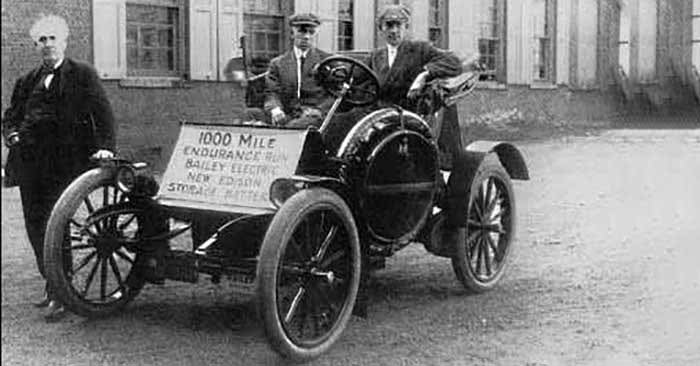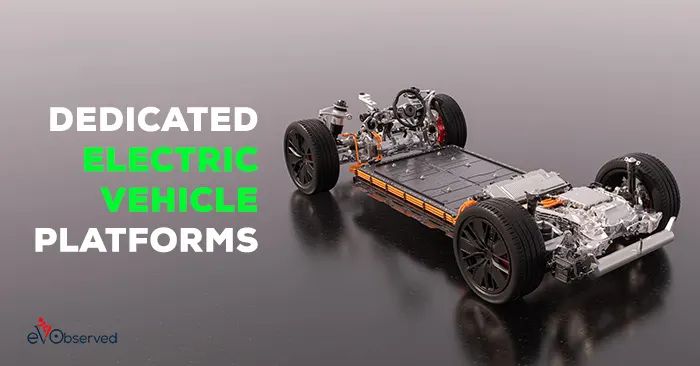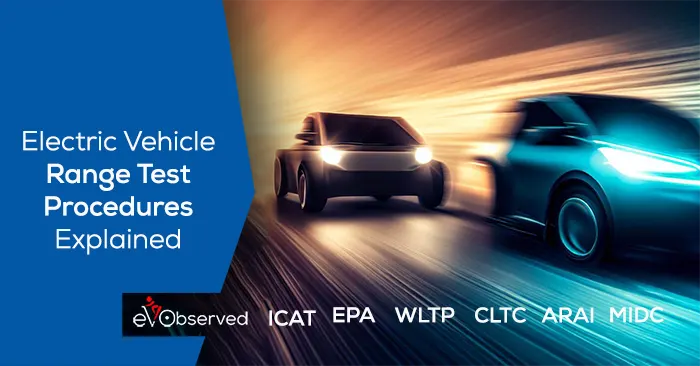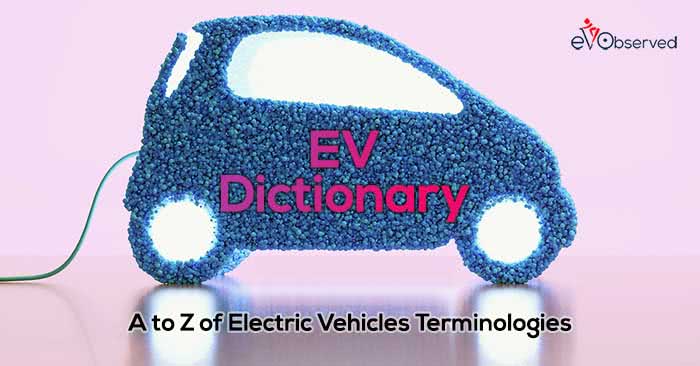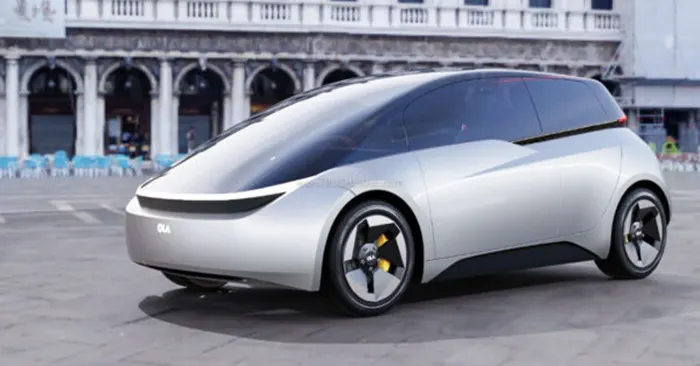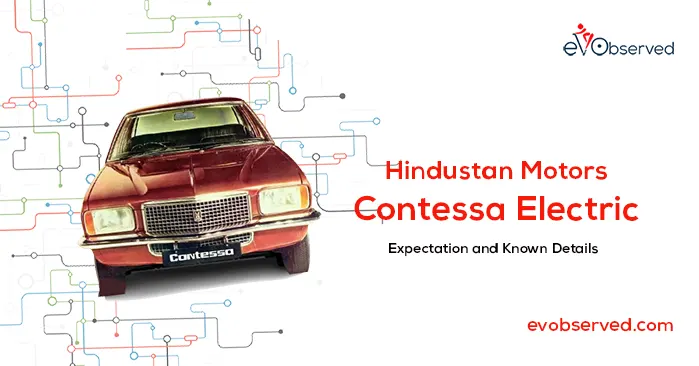Nowadays, we have successfully developed vehicles that can run on Electric Charge supplies by the batteries and can reach a speed of 60 mph in less than 3 seconds. But a major concern that needs frequent attention is the source of energy required to run these electric vehicles.
Unlike conventional ICE vehicles, electric vehicles are driven by Electric Motors which draw power from the charge stored in the battery. And to fuel that battery, we need electricity which is supplied by the power companies.
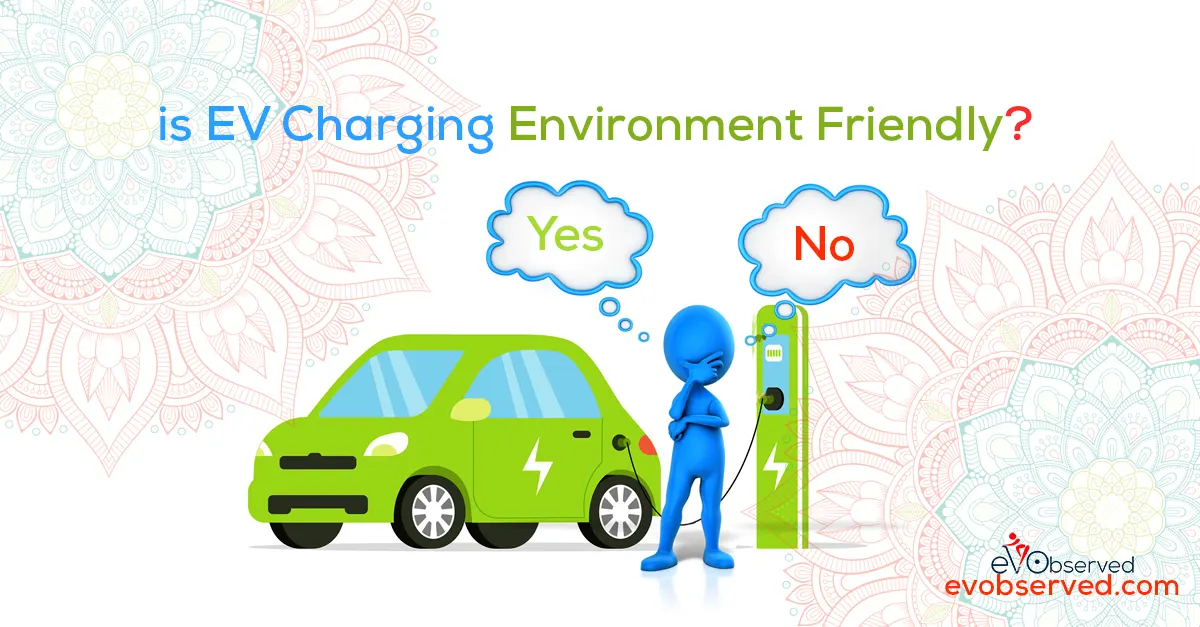
The contradiction of Electric Vehicle charging or EV Charging being Eco-Friendly lies in the source of electricity on which cars are running. Since most of the countries around the world rely on Thermal Power Plants to generate a major part of the electricity we consume.
And the Thermal Power plant burns Coal to generate the steam required for driving the turbines but the burning of coal produces gases like Carbon Dioxide, Nitrogen Oxides, Sulphur Oxides, CFC (ChloroFluoroCarbons), etc. causing the greenhouse effect.
Must Check: EV Dictionary – A to Z of Electric Vehicles Terminologies
So logically, it won’t be accurate to call Electric Vehicles Charging fully Eco-Friendly until we completely rely on Renewable Energy for EV charging. Before reaching any concrete conclusion, let’s dive deeply into various aspects separately.
☛ What You will Read here
Source of electricity
Source of the Electricity is a major factor that decides whether the charger we are using is greener or not. If the Electricity fed to the Charger is generated by the burning Fossil fuels, then that EV charging can not be considered green or Eco Friendly.
According to a report, 61% of the electricity was generated by fossil fuels, and 35% by the combination of nuclear, hydro, wind, and solar. But the good thing was that the share of Solar Energy surpassed the generation made by oil.
Trends in the Energy Generation sector show that over the decades we have moved from high carbon footprint sources to Low Carbon footprint sources for electricity generation. All these studies show that we are approaching the concept of Eco-Friendly changing. Even so, the use of fossil fuels is prohibiting us from marking EV charging as totally Eco-Friendly.
Country of Use
When concluding if the EV charging is Eco-Friendly or not, the region also plays a role. Demographics and availability of sources make different countries derive their energy from different sources. There are countries from the European Region which are highly dependent on Renewable Energy sources to generate a large part of electricity.
Electric Charging in those countries which are using only renewable sources to fuel up the Electric Vehicle charging can be considered Eco-Friendly. But to consider it as a whole, it is not Eco-Friendly or so-called greener because of the Carbon Footprint involved in the generation of vehicles and the development of generation and charging infrastructure. So concluding that the countries relying fully on renewable or Eco-friendly sources offer green charging are not fully accurate.
Must Read: Are Electric Vehicles Greener?
The credibility of Energy Source
All the green energy sources are somehow directly or indirectly contributing towards the increasing Global Carbon Footprint. According to a report published by MIT, the Hydropower plants which are considered being a major part of Green Energy are not much green as we thought. Reservoirs of Hydro Power Plant produce Methane and cause damage to Soil and Flaura and Fauna of the region.
Apart from the damage to the Ecosystem, the major concern is Methane production, which is a more potent Greenhouse Gas. So using Hydro Power to charge your EV will not be as fully Eco-friendly as it seems. Other Green energy sources such as Geothermal and Solar Energy are also not fully Greener because producing them also requires a lot of Energy and Harmful Chemicals (in the case of Solar Energy) which results in the degradation of the Environment.
This concludes that most of the sources which we consider are green are not ideally eco-friendly but they still produce less pollution as compared to the conventional fossil fuel operated sources.
There might be other multiple factors that could be considered while deciding if the EV charging is Eco-Friendly or not but it is very much clear from the above discussion that it is difficult to flag EV Charging as Eco-Friendly or Non-Eco-Friendly. Not being able to make a clear distinction does not mean that we should not make efforts towards making it Fully Eco-Friendly.
Also Read: EV Stocks to Buy in 2021 : 16 profitable EV Shares to invest in
What do we do then?
It is clear from the data from multiple reports that the EV infrastructure and EV charging are not ideally Eco-Friendly. The carbon footprint generated while making the Electric Vehicle and Charging Infrastructure is more than that generated in the manufacturing of conventional Internal Combustion Engine vehicles. Multiple attempts are being made to recycle the materials used in EVs so that the Carbon footprint of electric vehicles becomes less than that of ICE vehicles.
So despite comparing different factors and sources and differentiating them between Eco-Friendly or not, we should focus on approaching the Eco-Friendly side. The ideal state of Green charging can not be obtained, but the emphasis should be made to make it more and greener.

